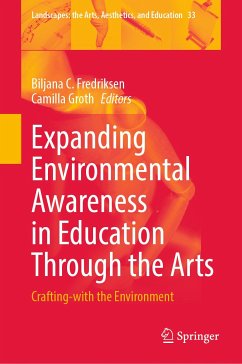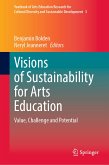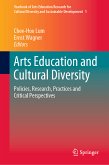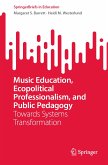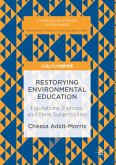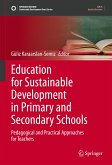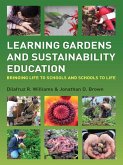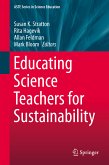This is a fascinating account of an emerging philosophy of art, in which all artists are seen to be interacting with some aspect of nature. In the interaction the two change each other. The artist learns about changes already occurring in the environment and how they can be researched and used in her/his practice. The many fascinating examples will be of interest to any artist and especially to art and craft teachers and their students, whether in schools or elsewhere, as well as to researchers in art education. The book is likely to appeal to both environmentalists and artists, and to researchers and students of both. Some of the many aspects of nature discussed are shearing sheep and alpaca to card and spin their wool, keeping bees, following animal trails, making pottery from various local soils, exploring an abandoned gravel pit. I highly recommend its use by artists, researchers and teachers of art and craft everywhere. " - Professor Michael Parsons, the University of Illinois, Champaign
Chapters 1, 7, and 14 are available open access under a Creative Commons Attribution 4.0 International License via link.springer.com.
Dieser Download kann aus rechtlichen Gründen nur mit Rechnungsadresse in A, B, BG, CY, CZ, D, DK, EW, E, FIN, F, GR, HR, H, IRL, I, LT, L, LR, M, NL, PL, P, R, S, SLO, SK ausgeliefert werden.

